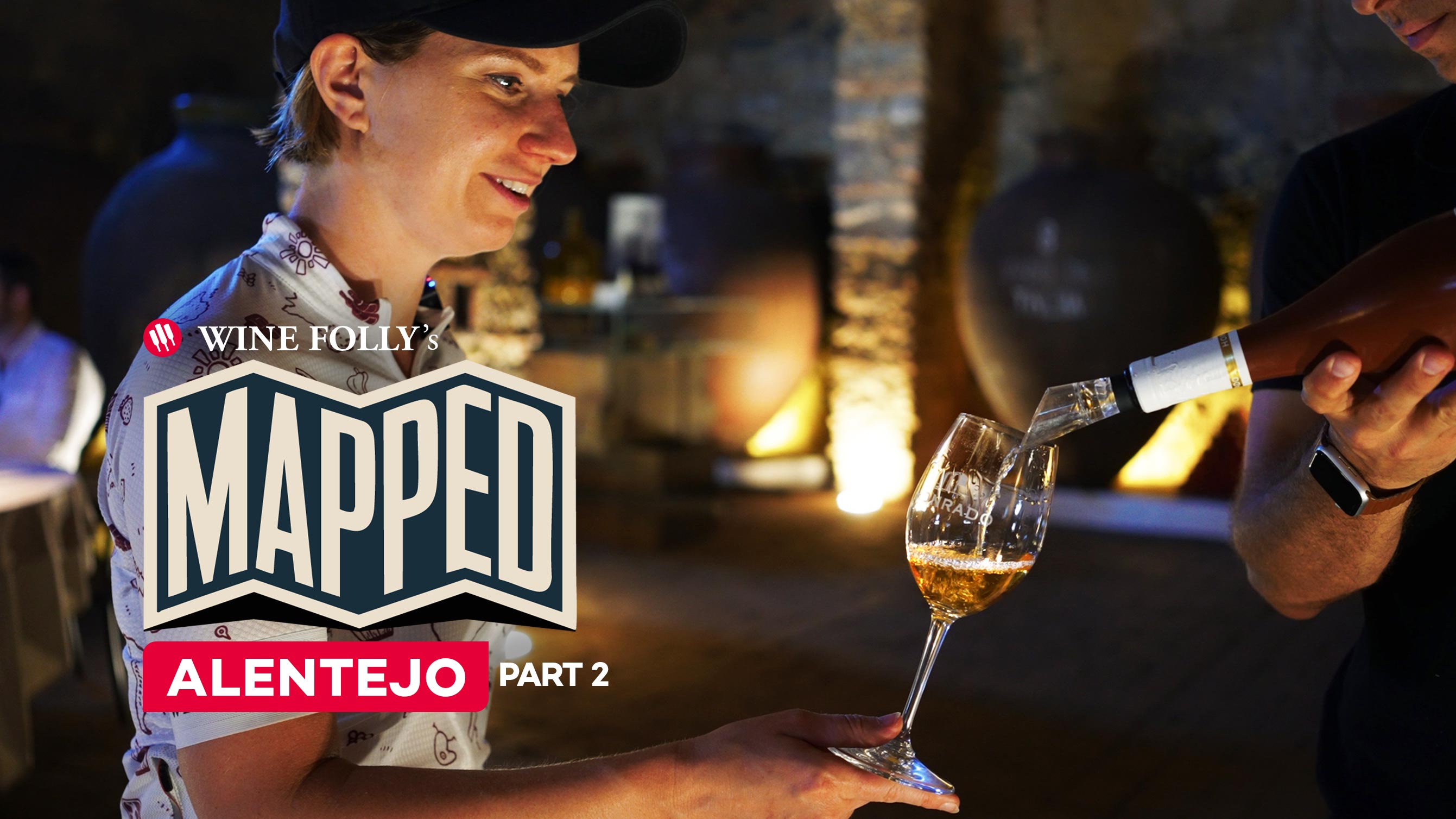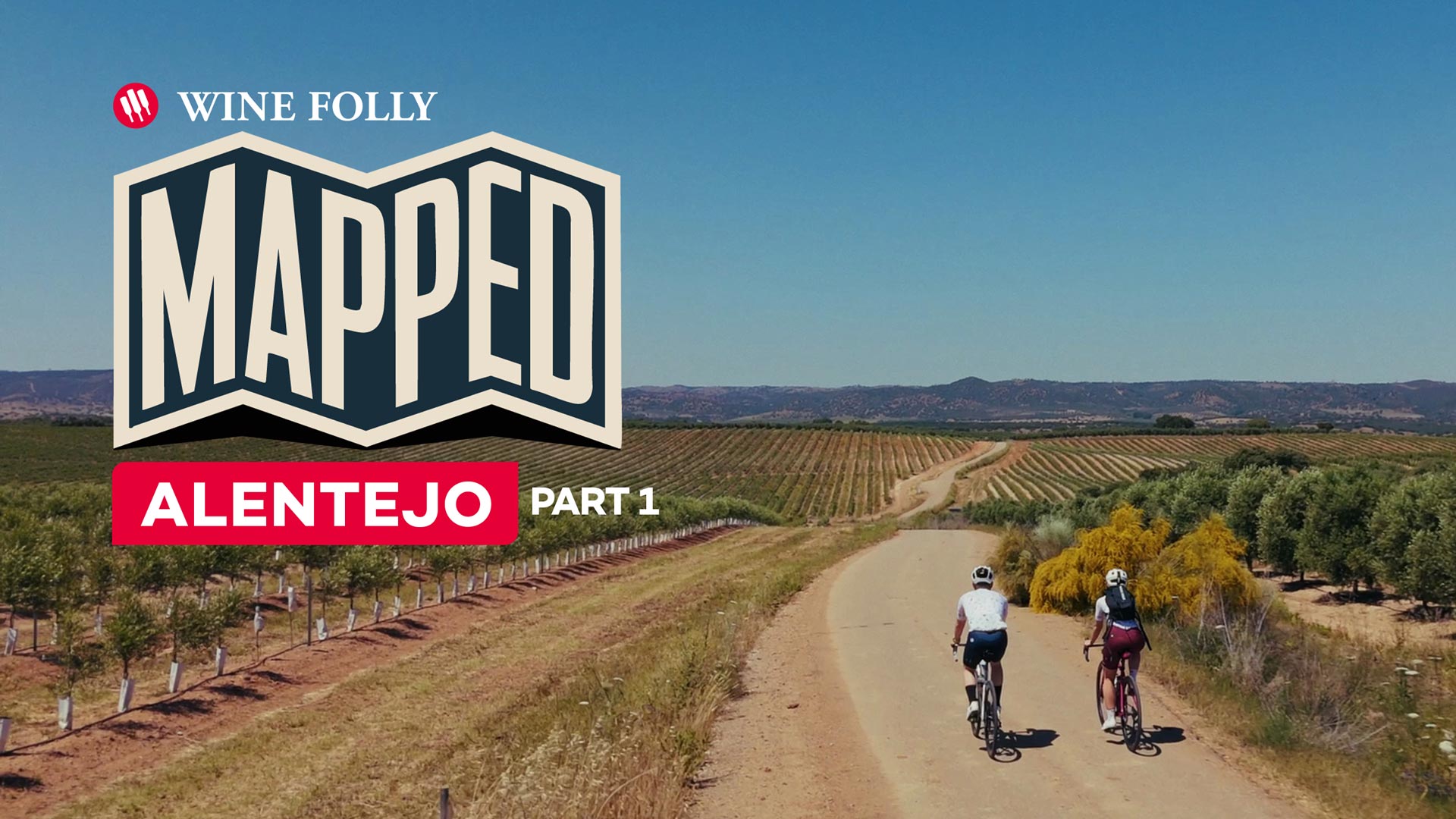5 Spanish Red Wines You Must Try
Get a taste of five must-know Spanish red wines that offer amazing value, bold flavors, and food pairings. This might be the most underrated wine country of them all.
Spain has a rich wine history spanning over 3,000 years, making it one of the most exciting places for wine lovers to explore. With more vineyard area than any other country, Spain offers a treasure trove of native wine varieties — over 160, to be exact!
Why Spanish Wines?
Before we dive into the specifics, let’s talk about why Spanish wines should be on your radar. First off, the price-to-quality ratio is fantastic. On average, you can find a bottle for around $23 that rivals more expensive wines from other European countries. Secondly, Spanish wines are a great introduction to European wine culture. They have that perfect balance of fruit-forward aromas and the minerality for which European wines are known. And lastly, they pair beautifully with full-flavored foods, from rich stews to spicy tapas and grilled meats.
Ready to explore? Let’s jump into the list!
Monastrell
Monastrell is a powerhouse red from central and southern Spain, particularly from regions like Yecla, Jumilla, and Alicante. This wine is known for its bold black fruits, dried herbs, and distinctive peppery edge. It’s high in color and tannin, making it a perfect match for grilled meats and barbecue. If you want a more lush style, look for bottles aged in oak or blended with Cabernet Sauvignon to bring out notes of plum and blackberry.
Garnacha
Garnacha, or Grenache as it’s called in France, thrives in various regions across Spain, from Navarra to Rioja, and even high-altitude areas like Priorat and Montsant. Known for its juicy red fruits and subtle citrus notes, Garnacha often delivers a herbaceous or mineral undertone, depending on where it’s grown. This wine doesn’t need much oak aging to shine, but if you’re willing to spend a little extra, you’ll be blown away by the depth of flavor.
Tempranillo
Tempranillo is the heart and soul of Spanish wine, especially in regions like Rioja, Toro, and Ribera del Duero. This grape thrives in clay-limestone soils, which gives it big tannins and a robust structure. Expect flavors of red fruit, tobacco, and brown baking spices with a dusty finish from oak aging. It’s a wine that improves over time, making it a great option for your cellar. Tempranillo from Ribera del Duero tends to be bolder, with black fruit flavors dominating.
Mencía
Mencía comes from the northwestern regions of Bierzo and Ribeira Sacra. It’s a fickle grape, but when grown in the right conditions — think clay-sandy soils — it produces wines with a stunning aromatic complexity. You’ll find notes of red fruits like cherries and strawberries, violets, and minerality. This wine reflects its vintage and location, offering a Burgundy-like finesse that might not be for beginners, but it’s a rewarding experience for adventurous drinkers.
Listán Negro
Hailing from the Canary Islands, Listán Negro is an easy-to-drink red with an aromatic complexity that keeps you coming back for more. Expect red fruits, brown spices, and an overall light and approachable style. Despite its complexity, it’s surprisingly easygoing, making it perfect for casual sipping or pairing with lighter dishes.
Honorable Mentions
While the five wines we explored in the video represent some of Spain’s most important red varieties, there are other reds worth noting. Bobal and Cariñena also offer fantastic expressions of Spanish winemaking, each with its own unique style and flavor profile. Explore these for a deeper dive into Spain’s diverse wine landscape.
Join Wine Folly (free) → https://wfol.ly/newsletter
Take a course → https://wfol.ly/YT-course
Learn by tasting club → https://wfol.ly/club
Wines Mentioned

Señorío de Sarría
2019 Viñedo Uno
Navarra | Spain
Garnacha de viñas viejas
Perfect combination of floral notes, with red fruit, displaying elegance and complexity with a perfumed finish, with balsamic and mineral notes and silky, well-integrated tannins.

Frontón de Oro
2022 Tinto Traditional
Gran Canaria | Spain
The name of the estate “Fronton de Oro” refers to a huge rock that shines with sunlight (the one that adorns their label) known locally as “El Frontón”.
The Fronton de Oro Tinto, is one of the most easily recognizable wines from the Canary Islands.
On the palate, it enters lightly, evolves marking a correct balance of flavours, and closes with a soft and pleasant bitterness and a long final persistence in which the varietal characteristics continue to stand out.

Marqués de Murrieta
2018 Reserva
Rioja | Spain
A palpable example of the elegance, consistency and regularity that characterize Marqués de Murrieta winery. This wine shows the incredible personality of the Ygay Estate and summarizes perfectly what happens during a whole vegetative cycle.
Succulent, round and well-balanced in the mouth. A muscular wine with great potential.

Casa Castillo
2020 Monastrell
Jumilla | Spain
A fresh juicy wine, with a lovely purity of fruit, sourced from younger vines across the property. A good way to get a feel for the quality of a producer in Burgundy is to taste their Bourgogne Rouge, and this makes an excellent springboard to Jose Maria’s wines.
A palate of black fruit, spice, and a hint of earthiness.

Domino de Anza
2021 Selección de Parcelas
Bierzo | Spain
Related Videos

The Clay Revolution in Alentejo

Guide to Texas Hill Country Wine
